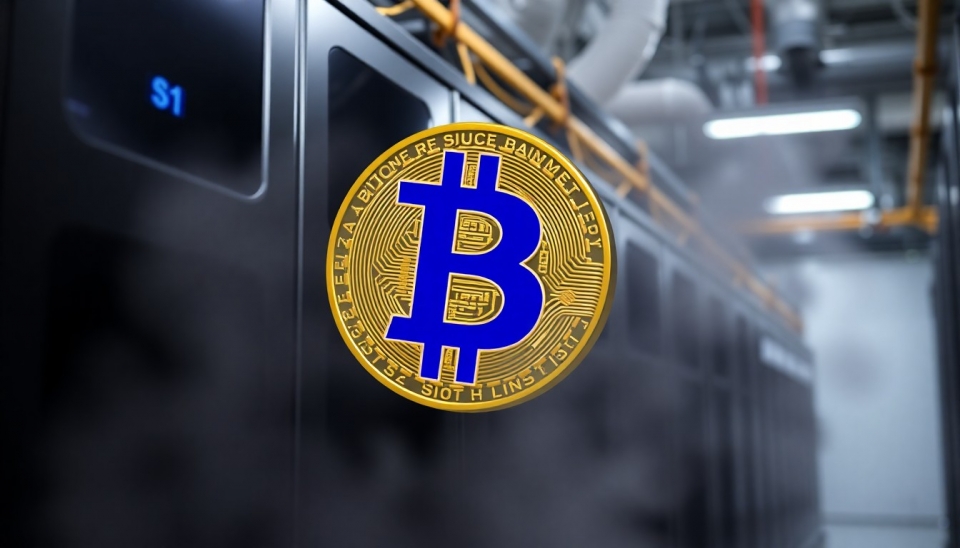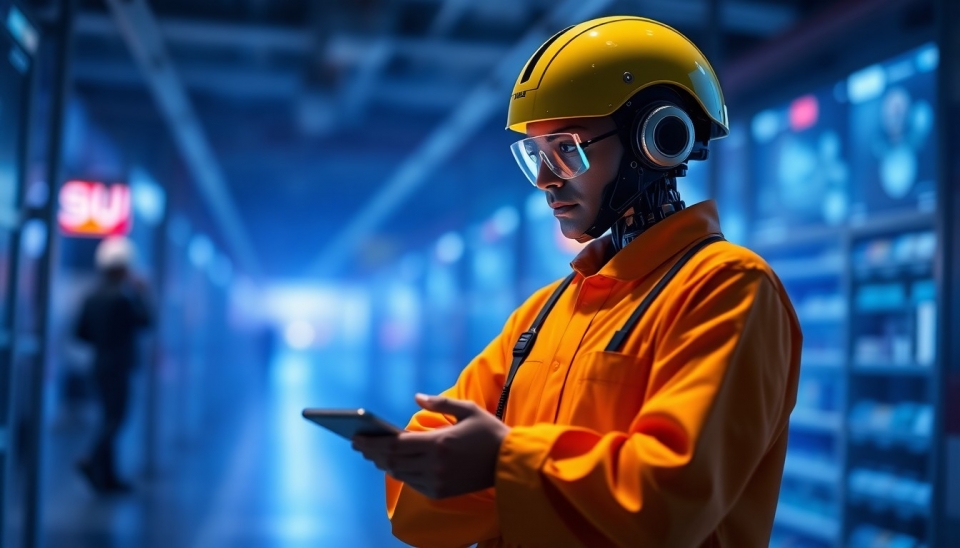
Due to its trend, most technological discussions have focused on Artificial Intelligence, touting it as a technology bound to revolutionize industries. However, a recent utterance of a curveball by an economist from MIT insinuates that its capabilities are grossly exaggerated.
In fact, MIT economist Daron Acemoglu gave a detailed analysis concerning the actual level to which AI would hit the job market. Contrary to the now Hot belief that robots and Artificial Intelligence is going to take over human jobs in near future, Acemoglu says that AI is able to perform correctly only about 5% of the work existing today. This tiny proportion contrasts sharply with estimates by some technologists and business leaders.
Acemoglu's work investigates many sectors to study the match between the capabilities of AI and the needs of jobs. He distinguishes between job replacement and job transformation, pointing out that many of the cases where AI is said to be taking over jobs mean that the jobs will be augmented by AI tools, not fully automated. His work indicates that the embedding of AI has resulted in a hybrid model whereby humans and AI cooperate, thus increasing productivity without making human workers redundant.
However, Acemoglu does not stop there; he has a strong feel of overconfidence in AI, the result of which might be an economic crash. The global economy, he infers, stands at the brink of this precipice due to inflated expectations regarding AI technologies, juxtaposed with huge investments in the same which are not met by real-world performance. This mismatch could spell massive financial repercussions if the bubble bursts.
"There is a dangerous gap between what people perceive AI can do and what it actually can," Acemoglu said in his talk. He also called on businesses and investors to be cautious, not to jump into AI projects blindly, as the economic consequences would be long, deep, and devastating.
It revives the scholar's conclusions on balanced investment and a realistic view of the technological leap. He further emphasized investment in human capital and that workers be prepared to manage the evolving landscapes moulded by AI.
Most industry leaders have viewed his findings with a mixture of caution and recognition. While some have come to realize that their AI ambitions need to be tempered, others argue that these projections might actually underestimate future innovations and potential breakthroughs in AI research and implementation.
As the debate continues, it is time policymakers and business strategists alike acknowledge these divergent views. Perhaps now is the time to balance technological optimism with a certain pragmatic caution in guiding this increasingly complex, evolving relationship of AI and the job market.
That would not only be an implication for economists or tech people but an implication for the common people whose livelihoods may be at stake due to the shift. The next steps are encouraging better discussions and developing policies which will manage the integration of AI effectively while ensuring economic stability.
#AI #Jobs #MIT #Economy #TechNews #ArtificialIntelligence #EconomistWarning #MarketCrash #HumanCapital #Automation
Author: Liam Carter




